Do you often have to deal with family conflicts? Are you always in the quest to change or heal the world? Then you must heal your family to heal the world. Read on to know and understand the – Ripple Effect of Conscious Family Relationships.
Even if we are conscious and awake, we often find ourselves in families where judgment, blame, and negative energy is the norm. Maybe we also contribute to this dynamic, even though we “know better.” When family members are not responsible with their energy or accountable for their behavior, family dysfunction is often the result. In one way or another, this is true for most families and the very reason why we experience so much family discord and disconnection. From a higher perspective, what we consider normal, in many cases, is actually abusive.
But what if you could live in a family where everyone is responsible with their energy and everyone is accountable to a higher (more aware) way of living and loving?
Like many, I had a dream of healing the world, but, at some point, it occurred to me – if I couldn’t heal my own family, how could I heal the world?
At that realization, I turned my attention to the home front, and I decided that I would focus all my attention on healing the unresolved issues in my family. I was then shown that the healing of the world unfolds as a result of each family healing itself.

The “work” is very personal – it is not far away nor does it require degrees, money or special talents. The work is in healing what is right before us in our own families, and it naturally ripples out – contributing exponentially to the healing of humanity.
Read On Having the Courage to Disappoint Your Family to Be True to Yourself
Intervention
About 4 years ago, my 16 year old son, Travis, was often very moody, to say the least. It was literally a case of Dr. Jekyll and Mr. Hyde. There was the “Amazing Travis” who everyone loved to be around – out going, funny, open and generous. Then there was the “Downer Travis” – who no one wanted to be around – negative, cynical, closed and grumpy. Like most families, my family and I brushed over it and tolerated it. Then one night everything changed.
Travis had left the house for 20 minutes in order to drive his girlfriend home. During this time, my other 3 kids and I decided that enough was enough and we staged an intervention. In under 20 minutes, we had created a big sign with the word “INTERVENTION” written on it, and we were each prepared with our parts.
When Travis returned home in his usual bad mood, we called him into the living room where we were all sitting in a circle, “Sit down, Travis.” Travis was reluctant but he sat down anyway. We took turns speaking to Travis – telling him how his moodiness and bad behavior was affecting each one of us.
We had even composed a clever poem to illustrate the point. Although the intention was clear, we did it light heartedly and with love. Travis was laughing and crying at the same time, but he got the message. After that night, Travis took responsibility for his behaviour, and there was an immense shift. From that point on, if Travis showed any sign of moodiness, one of us would kindly let him know that it wasn’t okay, and he would course-correct. It was an amazing transformation.
Read 10 Things You Learn From Being Raised By A Strong Mother
But, another surprising thing came from Travis’ intervention. Although there was no talk of it, the rest of the family intuitively knew that there were now higher standards in our home – that we were now all required to be responsible with our energy and behaviour.
Maybe it was because we were ready to grow as a family or maybe we each feared the “INTERVENTION” sign. Nonetheless, things had changed – permanently for the better.
This is a difficult subject to discuss because there is a very fine line between judgement and accountability. Judgement brings us down, and separates us from each other, while accountability lifts us up and allows us to lift each other up as well.
Let’s be really clear here, you cannot tell someone who to be or how to live, but you can teach people how to treat you, or even what behavior is acceptable in your presence – or in your family.
Every Family Has Certain Boundaries
Most of us never think about it, but chances are, your family has certain unspoken boundaries that everyone abides by. For example, in most families, it is unacceptable to use violence to solve problems. Everyone in the family knows this and agrees to this standard, and if someone does cross the line, they would likely be held accountable for their actions and reminded, “We don’t treat each other like this, and it is not okay to use your fists to solve problems.”
“No violence” is a clear family boundary, but emotional, mental and even energetic abuse go on in many families and no one pays attention because there are no clear or set boundaries. When family boundaries aren’t understood and agreed upon, bad behavior is often brushed over or completely ignored. This is the making of that “yucky energy” in families that no one can quite put their finger on, but everyone feels.
What if bad behavior was no longer condoned in your family? What if it wasn’t acceptable to blame, judge, criticize, complain or spew negative energy in any way? What if everyone in the family was required to be responsible with their words and actions? What would this do for you – and for your family?
We are talking about a higher level of emotional responsibility. We are talking about emotional maturity, where everyone is responsible for their own energy, and behavior.
Read Personal Boundaries: 9 Core Boundaries To Live By
When we speak about setting family boundaries, we are really talking about establishing and enforcing values such as respect, kindness, understanding, acceptance, harmony and peace. When you understand and agree upon values as a family, deciding on boundaries or new expectations becomes easy. The boundaries should always support the values.
So, how do you do this?
Establishing Boundaries
Optimally, it is best to come together as a family and create new family policies. In other words, decide as a family what behaviors are no longer acceptable – and everyone should agree, and be clear, about the new standards. The family should also decide on how to handle it when someone crosses these new family boundaries. Maybe there is an agreed upon consequence, such as doing all the dishes for a week.
It might be too much to ask for a family overhaul, but you can begin with one new boundary at a time. When considering bringing higher standards into your family dynamic. That’s the way to heal your family.
Here are some pivotal boundaries to explore:
No Blaming Others (for Our Feelings)
When we blame someone for hurting us emotionally or making us mad, we give away our power, making ourselves the victim. No one is ever making us feel anything.
When others blame us for their feelings, and we accept that blame, we become entangled in their energy and this creates all sorts of relationship issues. You are responsible for your behavior but you are not responsible for anyone’s feelings, nor are they responsible for yours.
In an emotionally mature family, we each take responsibility for our feelings – we express them in a way that we take ownership, and we ask others to do the same. When everyone is responsible for their own feelings, it creates the space for individual and family growth.
No Judging or Criticizing
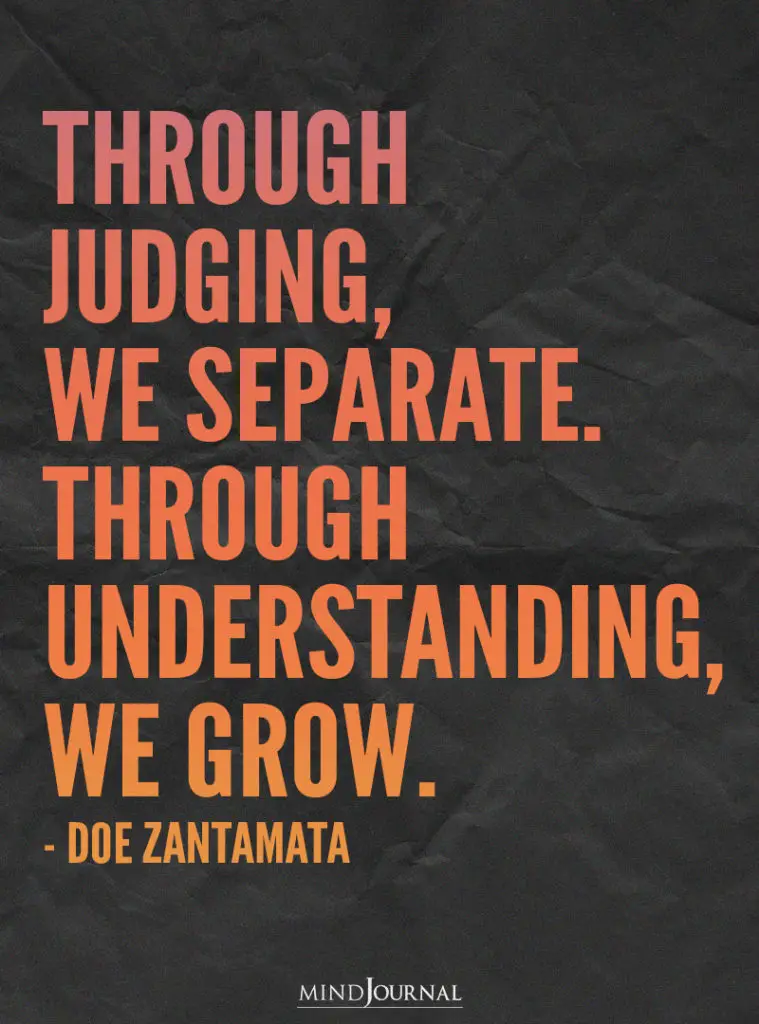
Judgement is the quickest way to disconnect from others. Often we confuse caring with judgement, but the judgement is not caring. We always know when we are being judged, even if no words are spoken. This also means that others know when we judge them as well. There is really no room for judgement or criticism in healthy family dynamics.
If a family member is having a challenging time, it is also not okay to belittle him or her or to say such things as, suck it up, put on your big girl panties or boys don’t cry.
In a conscious and awake family, we allow each other to be who they are without judgement or criticism. Yes, we hold each other accountable to a higher way of living and relating within the family, but we do not judge each other’s personal decisions or how someone chooses to live their life.
Read Why Do We Need Boundaries With People We Love?
No Shifting Responsibility
Shifting responsibility is very common in most families. We are practically born pointing the finger at each other. When we accuse someone of causing us to do something (or not do something), we lack the emotional maturity to take responsibility for ourselves and for our lives. If someone is trying to make you responsible for their actions or experience, you do not have to take on that responsibility – it is not yours. Just because someone throws you a dirty rag, doesn’t mean you have to catch it. At the highest state of being, we accept complete responsibility for every aspect of our lives without being responsible for others.
There is a direct correlation between how awake you are and the amount of responsibility that you take for your life.
Read When They Take Credit For Everything and Responsibility For Nothing: 3 Things You Can Do
No Complaining
Often people don’t even know when they are complaining, but everyone in earshot sure does. Repetitive complaining is draining and exhausting to the complainer and the complainee. When we complain, we focus on what we don’t want, and we add to the negative energy of the unwanted. There is a big difference between complaining and asking for what you want. In an emotionally healthy family, we give each other feedback in a positive and respectful way. We ask for what we want and we are willing to be part of creative problem-solving.
No Using Emotions to Control
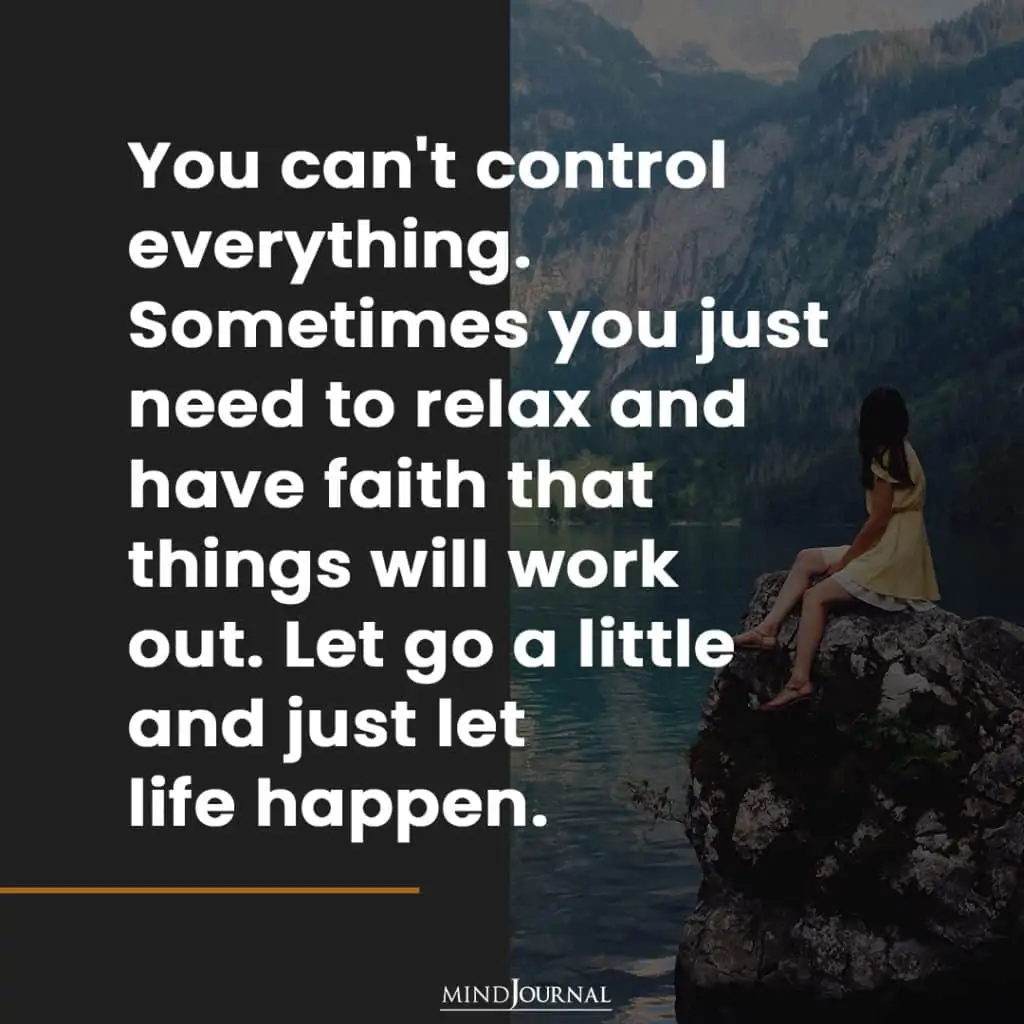
It is never okay to intimidate others with anger or to use any emotions to control family members. It is also dysfunctional to manipulate with guilt in order to get your own way. It is true that many of us grew up in families where this was the norm, but normal does not make it right. If your family is walking on eggshells because you don’t want to make a particular family member upset, that is also not a healthy dynamic.
If your intention is to be conscious in your family, it is never appropriate to use emotions to get your way, or to allow anyone to do this to you. Emotions have enormous power with equal consequence.
Read 7 Things Common In Children Raised by Over Controlling Parents
No Yelling or Cursing
Yelling, without or without cursing, disrupts the energy of everyone in range. We often yell when we are angry or hurt because it is a way in which to protect ourselves, but yelling only locks you into a low vibration and keeps you from addressing the real issues.
Here are some more suggestions for creating higher standards in your family:
no snappy, sarcastic, insulting, rude, hurtful, bullying, undermining, ignoring, derogatory or offensive behavior.
What About Bad Mood Dominos?
One person in a bad mood can take down the whole family and, before you know it, the Negative Energy Plague has devastated the entire household. If you have three of more people in a family, chances are that there is always someone having a difficult day. If everyone needs to be in a good mood, for the family to function at a high level, this means that positive energy in your home is a rare commodity, but you can say “No” to Bad Mood Energy!
Even if no words are exchanged, we are all sensitive to energy, and when one person is moping around or brooding, everyone feels it. We all get into bad moods from time to time, but that doesn’t give us the right to spew that bad day energy onto others or for them to spew it onto us.
Read Here’s How to Boost Serotonin Naturally (and Banish Bad Moods)
Be responsible for the energy that you project. If you are in a bad mood, do what you need to do to feel better or spend time alone until you can be responsible with your energy and not project it onto those you love – or anyone for that matter. If you want to heal your family, talk about it, deal with it, heal it, let go – but don’t think that it is okay to ooze your bad mood energy onto others – or allow others to do it in your presence. If a family member is spewing negative energy, kindly point it out and let him/her know that it is not okay.
Don’t Ignore Bad Behavior
Don’t ignore bad behavior but don’t get into a debate about it either. State your boundary but don’t argue about it. It is always important to stay centered and calm. This might mean that you leave the room, the house or possibly the relationship. The bottom line is, we all deserve love and kindness.
You might think, without judging, yelling complaining or blaming, how will your family interact? The answer to that question can be the sweetest surprise ever. We all want peace, love and harmony in our families – this is the way to get there.
When everyone is responsible with their energy, we speak to each other with respect, openness and compassion. Instead of judging, we allow. Instead of reacting, we respond. Instead of blaming, we own our power. Instead of bringing each other down, we empower individualism and creativity.
Imagine living in a family where everyone is responsible with their energy and everyone is accountable to a higher way of living and loving.
Read Six Tips for Speaking Up Against Bad Behavior
Some Essential Keys for Family Accountability
The Same Rules for Everyone
You cannot expect your partner or even your children to abide by boundaries that you do not abide by. If you set a boundary, you must, first and foremost, adhere to that boundary, and if you do cross the line, take responsibility for your behavior, and make the necessary corrections in yourself.
You Can’t Change the Past
No matter how poorly you or your family have interacted in the past, let it go. Forgive and forget. When we let family members off the hook for past bad behavior, it allows them to show up in more favorable ways, from this point on.
Family Intervention
If one family member is creating the most contention, consider a family intervention, much like we did with Travis. It is important that it is done from a space of love and understanding, and if you can make it light hearted, all the better.
You Must Be the Change You Want to See in Others
If you are the only one in your family who wants change, then you must be that change whether or not others are yet playing by your higher standards. This means that you must teach others how to treat you, and enforce those boundaries, over and over, until a higher standard is established.
Do Not React
Do not react with the same energy that you are reacting to. In other words, if someone is rude, don’t be rude in return. You cannot call someone on their behavior by acting in the same way. Again, you must be the change you want to see in others.
Read 10 Reasons To Embrace Change For Personal Growth
Some Words of Wisdom
When you hold someone accountable, don’t judge them. Instead, kindly, but firmly, point out the inappropriate behavior. Maybe you say something like:
- Are you having a bad day or do you need some time alone?
- Is there something you want to talk about?
- Please don’t speak to me that way.
- I will not be around you, when you are in a bad mood.
- Maybe you don’t realize it, but that sounds (or feels) disrespectful.
It is important to be clear about the behavior but be careful not to contribute to the problem by getting into an argument or debate. The point is to clean up negative energy – not add to it.
Read How Ancient Wisdom is Still Relevant Today
It’s Okay to Disagree
It is not that everyone always has to agree, but when family members do disagree, it is important that respect and compassion are the underlying emotions and all conversations and connections originate from that clean and clear space.
Share This Article
Sharing this article with your family could be a really good starting point for change – so that everyone can get on the same page, with a positive approach to bettering family dynamics. If you need more help, consider consulting a family therapist or coach.
Final Thoughts
Yes, it does take conscious effort and energy to raise your family to a higher vibration and a more harmonious way of living, and it does take time, but nothing is of greater value. It takes a great deal more time, energy and effort to tolerate negative and disempowering behavior than to actually change it.
We often refer back to the night of Travis’ intervention. He’ll be the first to say that it wasn’t pleasant, but he is so grateful that we had the love and courage to ask him to wake up and be responsible with how he shows up in the family and in the world. He is a changed man because of it. I am also grateful that I have a family who holds me to a high standard of behavior because it empowers me to be the best me that I can be.
It was one step at a time but, I can honestly say, I now live in the most beautiful, harmonious and awake family, where everyone is responsible with their words, behavior and energy. Instead of “putting out emotional fires” or managing endless disagreements, we now come together through love, appreciation and collaboration. I am beyond grateful.
As we elevate our families to a higher level of consciousness, we contribute to the evolution of humanity. Change doesn’t just happen one person at a time, it happens one family at a time.
Written by: Nanice Ellis
Originally appeared on: Nanice.com
Republished with permission
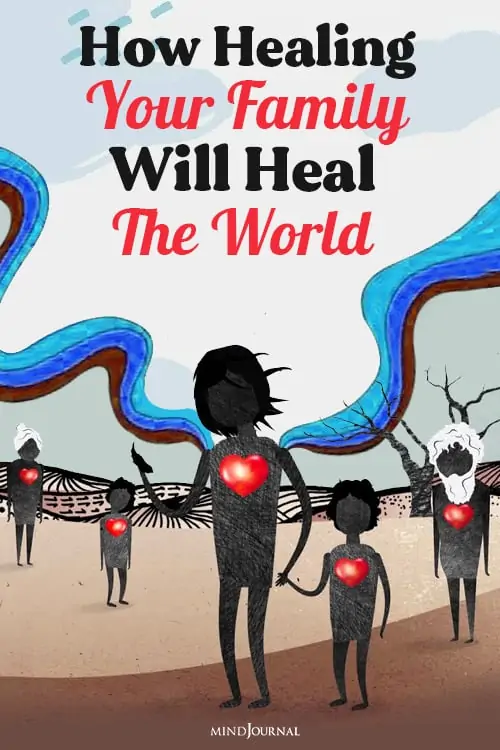
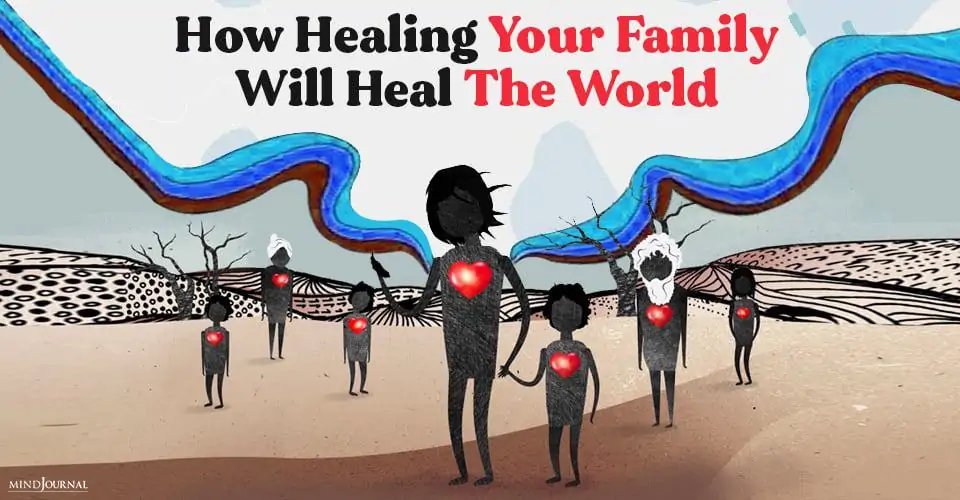


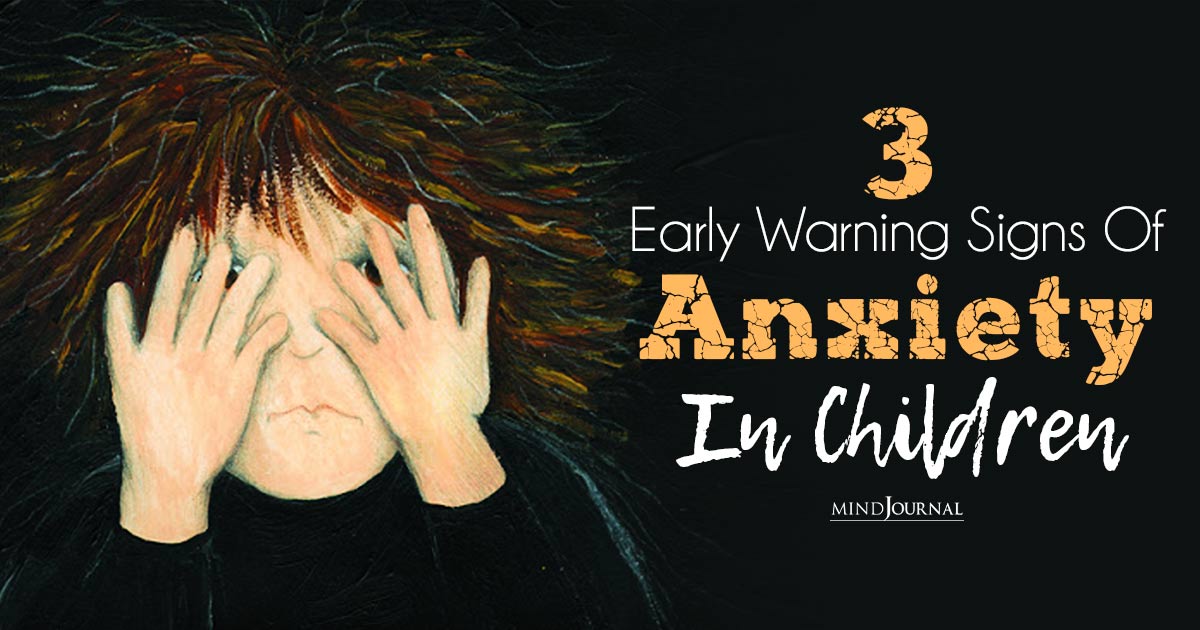
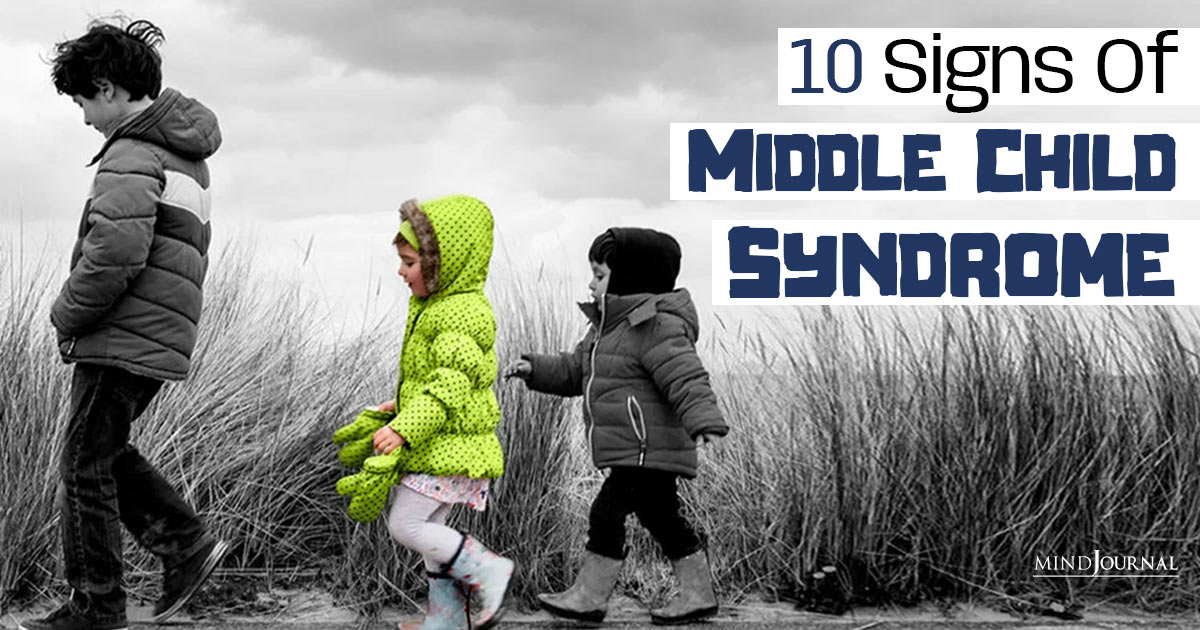

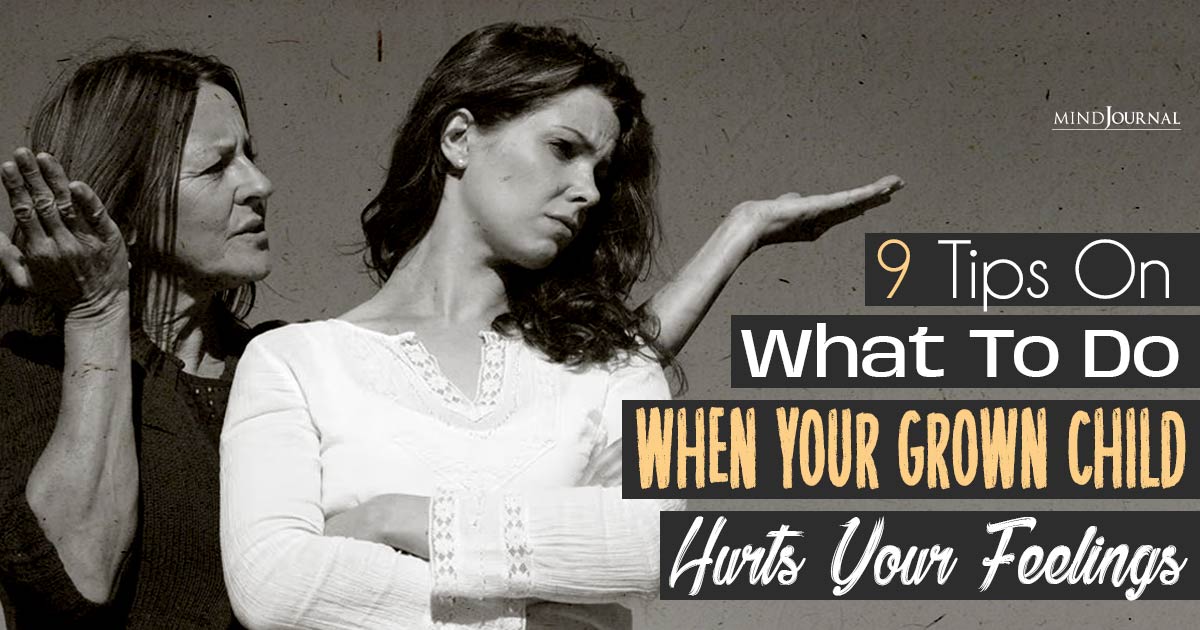
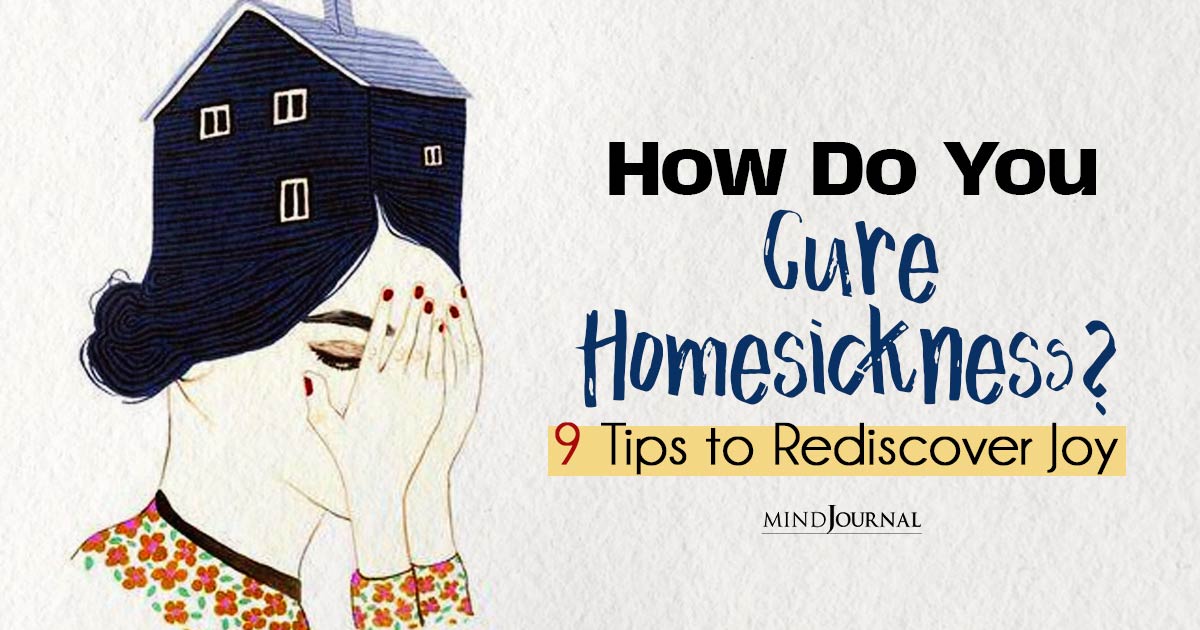
Leave a Reply
You must be logged in to post a comment.